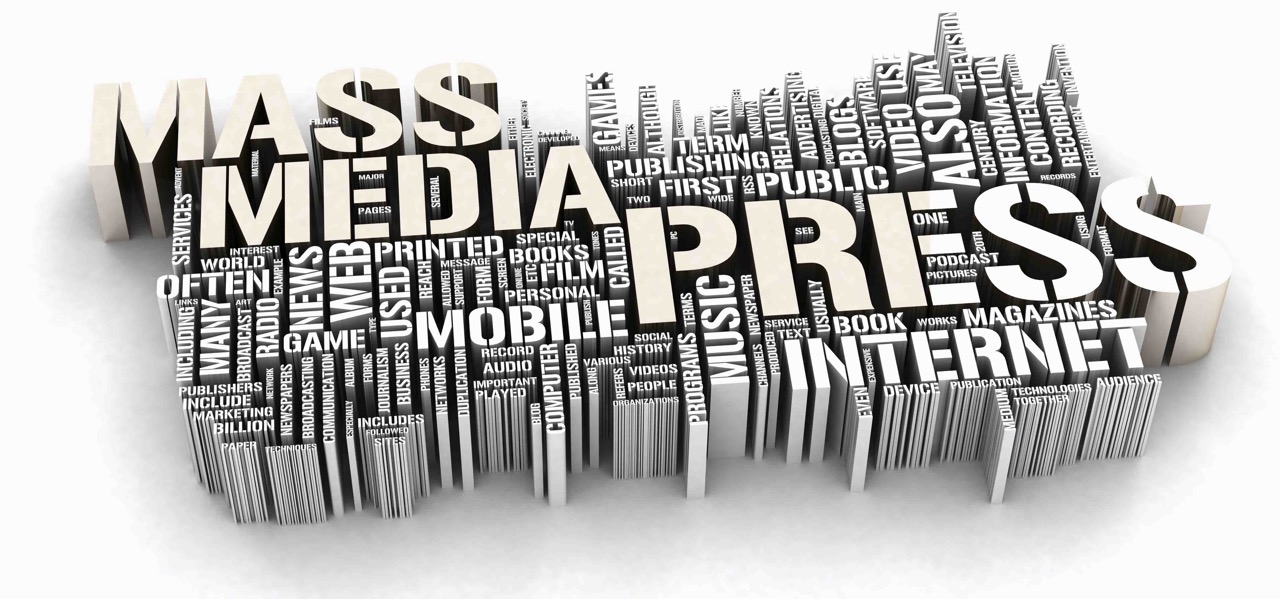
The following PR Basics is what you need to know about Publicity and your Start Up. Securing media coverage is important component of the strategy of launching a firm.
What is Public Relations:
Public relations (PR) is the practice of managing the flow of information between an individual or an organization and the public. Public relations provides an organization or individual exposure to their audiences using topics of public interest and news items that do not require direct payment. The aim of public relations by a company often is to persuade the public, investors, partners, employees, and other stakeholders to maintain a certain point of view about it, its leadership, products, or of political decisions. Common activities include speaking at conferences, winning industry awards, working with the press, and employee communication.
Why is PR important for a Start Up:
When you start a business, you must let potential customers know you exist and how your products or services can benefit them. PR can be key to this, but it’s just one part of the marketing mix – you must use other promotional methods, too. However, post starting up, PR should be a regular activity.
What are the Tools of Public Relations:
There are many ways to reach target audiences. They are:
- news releases
- public service announcements
- guest editorials
- media tours
- broadcast/print interviews
- photos/captions
- video news releases
- special events
- sponsorships/contributions
- press meetings
- speaking opportunities
- bylined articles
Do I need to establish good media contacts:
As with all things in business, good relationships are essential. I tell my clients to treat press people like VIP customers or prospects. It’s often more cost-effective to hire a PR freelance or small agency who knows your sector and its media. If you do it yourself, if it’s a print title, call up and ask for a sample copy and features list or simply a media pack. This will tell you about readership, type of content published and the editor’s name.
What if my Start Up doesn’t have a strong news story:
You could offer punchy comment on a topical news story related to your sector or pitch an opinion piece or expert article. You could conduct market research and publish the results – the press love statistics. Email your views to a magazine or newspaper letters page or comment directly online or become a blogger. Put yourself forward to be a case study, supply prizes for a competition or offer video or podcasts.
Why PR as opposed to, say, advertising:
Advertising dollars in traditional media productions have declined and many traditional media outlets are seeing declining circulation in favor of online and social media news sources. One site even tracked the death of newspapers. As readership in traditional media shifts to online media, so have the focus of many in public relations. Social media releases, search engine optimization, content publishing, and the introduction of podcasts and video are other burgeoning trends.
Social media has increased the speed of breaking news, creating greater time constraints on responses to current events.
Increasingly, companies are utilizing social media channels, such as blogs and Microblogging. Some view two-way communications in social media in two categories: asymmetrical and symmetrical. In an asymmetrical public relations model an organization gets feedback from the public and uses it as a basis for attempting to persuade the public to change. A symmetrical public relations model means that the organization takes the interests of the public into careful consideration and public relations practitioners seek a balance between the interest of their organization and the interest of the public.
Can a start-up really expect to get media coverage:
Size is irrelevant – it’s the quality of the story that’s important. Every day, editors receive hundreds of press releases and emails offering article ideas and interviews. For yours to stand out, it must be interesting, topical or different. Often it helps to have a PR agent who knows your sector and has good press contacts.
How important is it to target the right media:
Absolutely – ‘spray-and-pray’ tactics don’t work. Think about which media – online and offline – potential customers read and target these. You can find contact details on directory sites such as Media UK, but Google searches can provide useful information, too.
PR looks like a lot of moving parts:
If you can afford it, contract an independent PR consultant or agency.
What if I write my own release about my Start Up:
For a small fee, you can use a news distribution sites with which journalists register. Setting up a Google Alert for your business name will alert you to your coverage.


